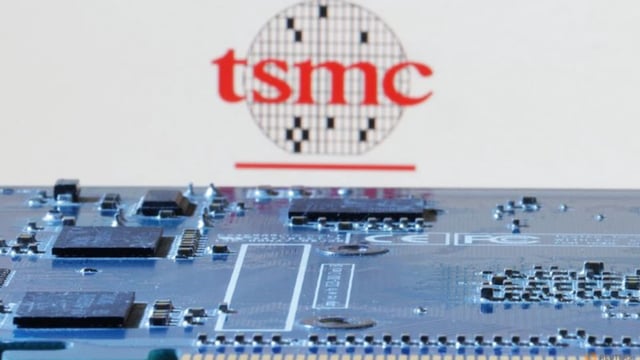Overview
- Cesar Anguiano-Guitron, 41, was killed while inspecting a waste tank at TSMC's Phoenix site.
- An uncontrolled pressure release struck Anguiano-Guitron, throwing him over 20 feet.
- TSMC confirmed no employees or construction workers were injured and no facility damage occurred.
- The incident is under investigation by local authorities and TSMC.
- President Biden's administration recently pledged $6.6 billion to expand TSMC's Arizona operations.
